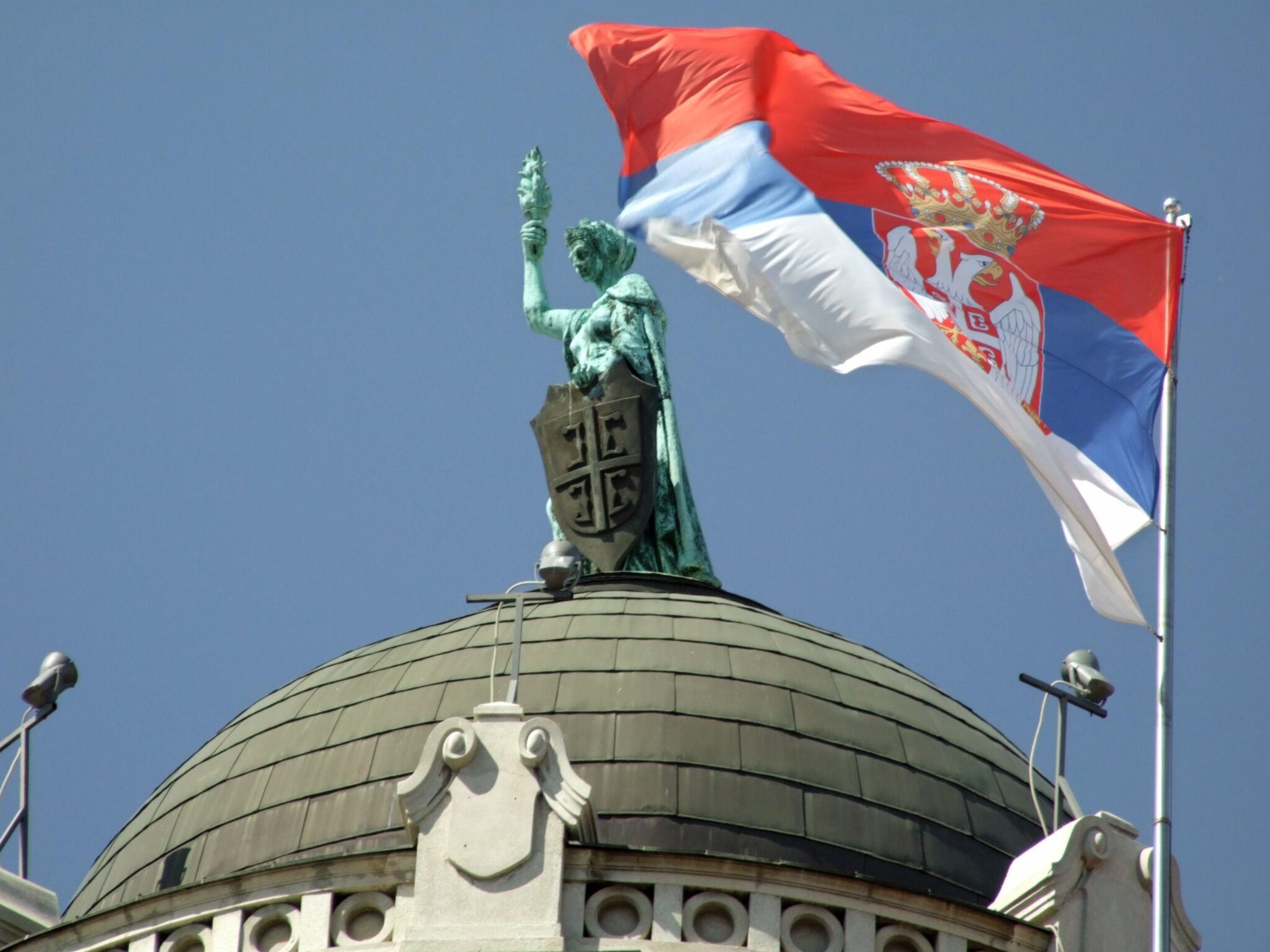Serbia is a landlocked country in the west-central Balkans. For most of the 20th century, it was a part of Yugoslavia. The capital of Serbia is Belgrade, a multicultural city at the confluence of the Danube and Sava rivers. Stari Grad, Belgrade’s old town, is dominated by an ancient fortress called the Kalemegdan and includes well-preserved examples of passé architecture and some of eastern Europe’s most-renowned restaurants. Serbia’s second city, Novi-Sad, lies upstream on the Danube, considered as a cultural and educational centre. Serbia’s population is around 6.834 million (2021) resided across 88,499 km².
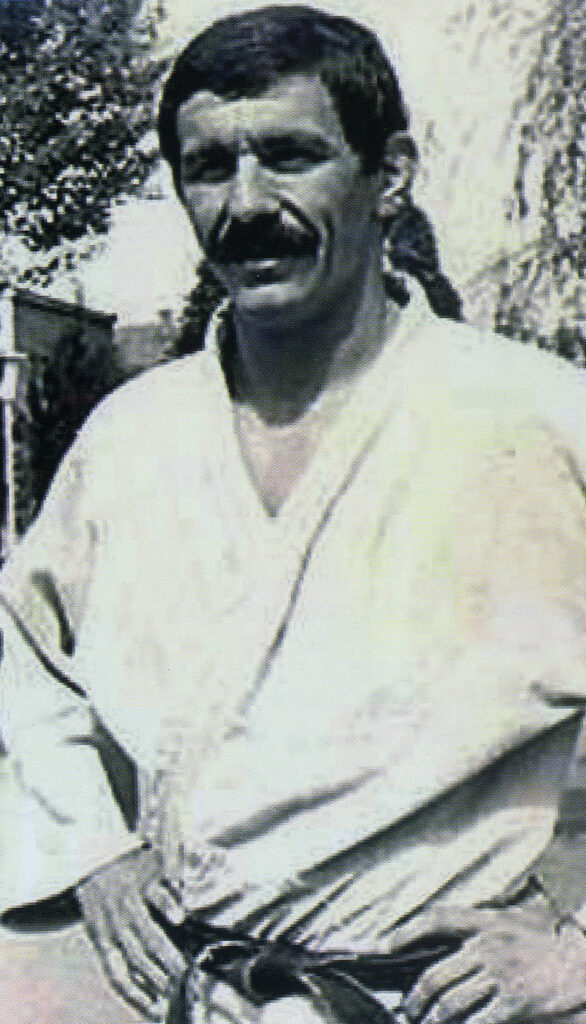
The Serbian Judo Federation (Džudo savez Srbije) was established precisely on the 04th of June 1999 and its development was influenced by the broader trends in the sport’s global popularity. Prior to its independent establishment, athletes were able to fulfil their goal under former Yugoslavia. It is during that time the country gained their two and only Olympic medals in judo. Slavko OBADOV won bronze at the Montreal 1976 summer games in the -80kg whilst Radomir KOVACEVIC added to the collection by also winning bronze (+95kg) during Soul 1980. A year prior Kovacevic earned the first world medal in Paris. This achievement added to his bronze collection. The next occasion the world was able to witness a Serbian judoka on the podium at such a tournament was another marking in history. It was Nemanja MAJDOV who became the first ever [and only since] World Judo Champion for Serbia. Majdov plotted his success in 2017 at the Hungarian capital, Budapest, a place which seems to charm the Serbian judo team as fellow judoka, Aleksandra KUKOLJ won silver during the 2021 World Judo Championships in Budapest too. Kukolj hailed his hardwear in the -100kg. A few days prior to that, Anja OBRADOVIC nailed a bronze winnig performance in the -63kg category. In-between, Majdov made it a total of five when he clinched bronze at the worlds in Tokyo 2019. Reverting to Obradovic, the 23-year-old judoka has an incredible record throughout her cadet and junior years too, winning world medals in 2015 (cadet) and 2018 (junior). Inspired by her sister, Jovana, with whom she shared many memories during their youth years.
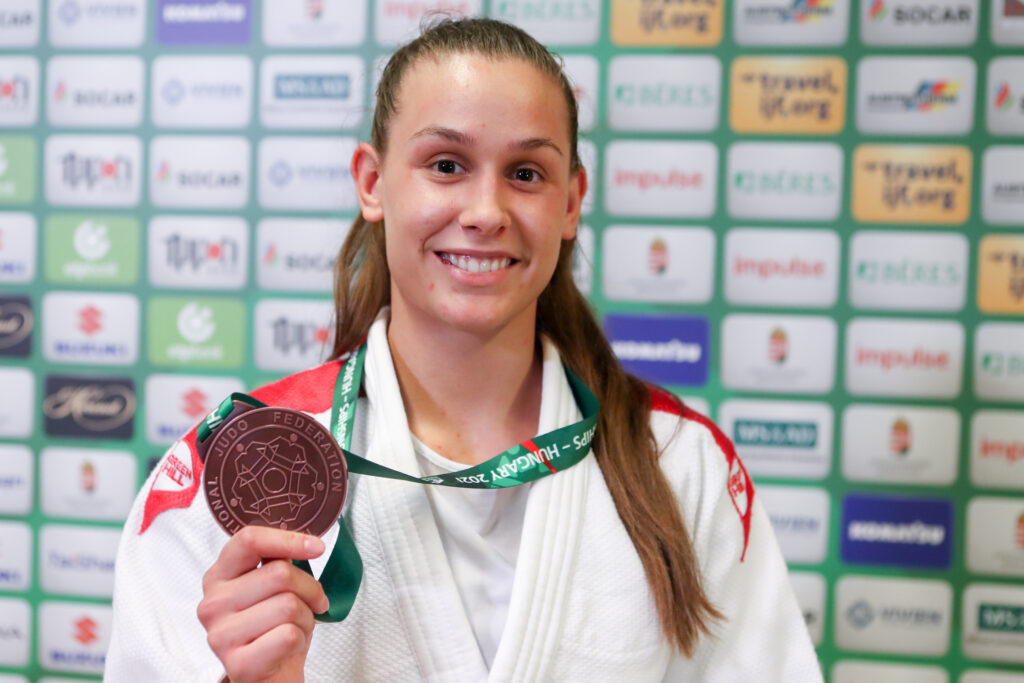
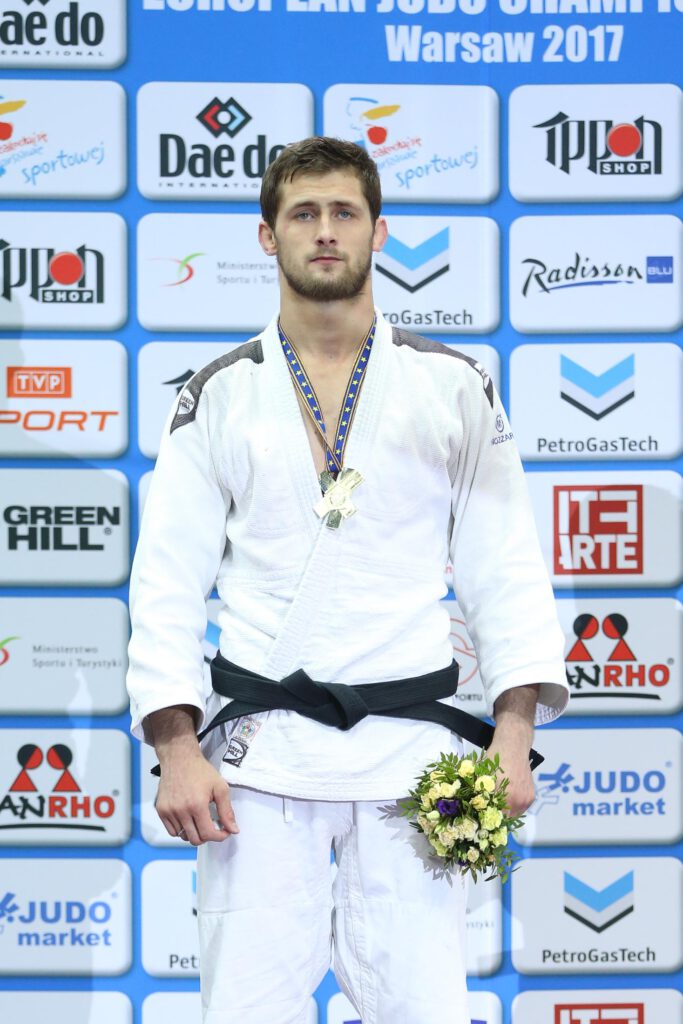
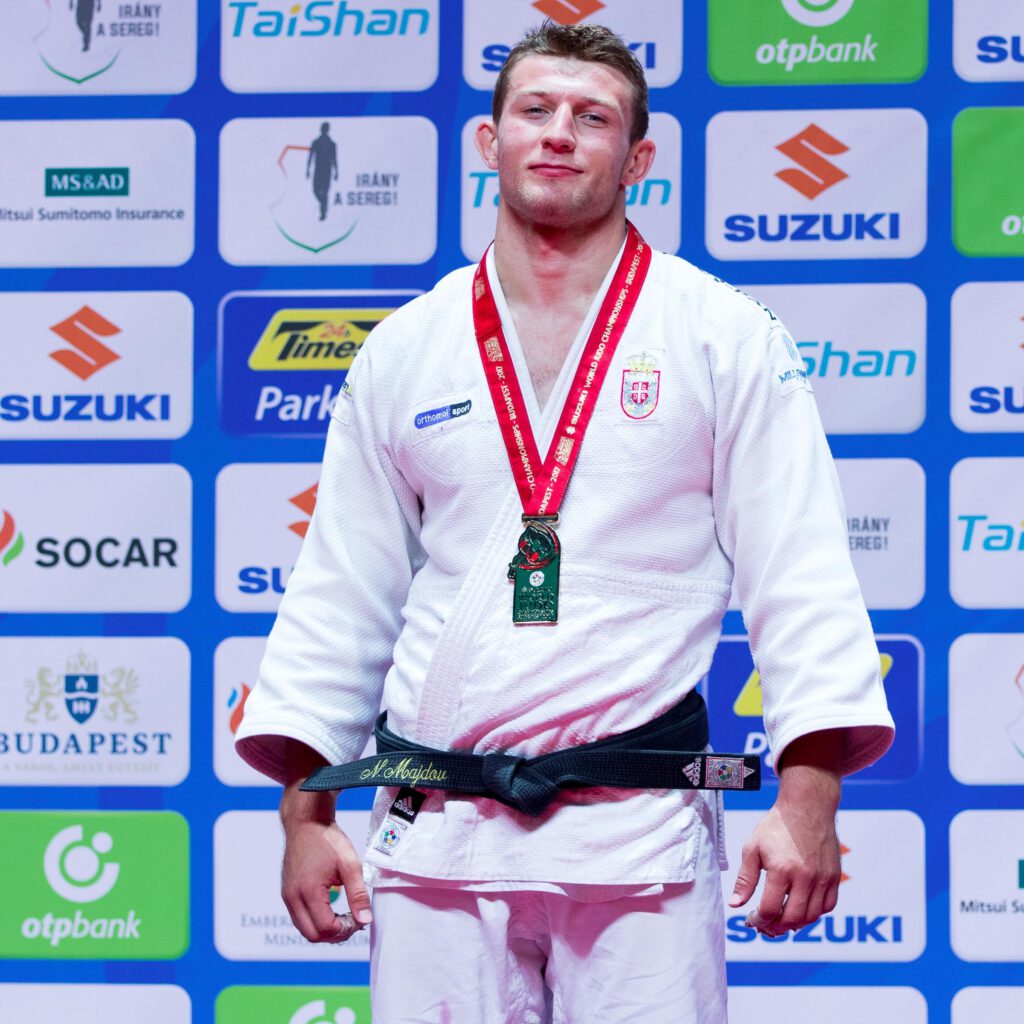
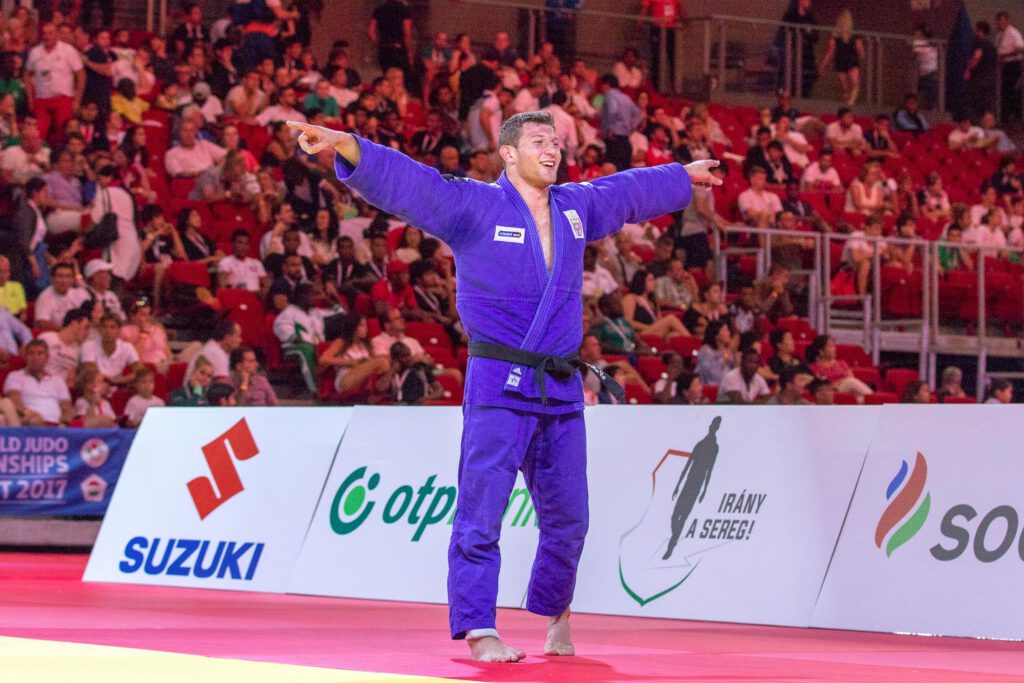
This successful route was and still is accompanied by another great female judoka of this nation, Andrea STOJADINOV who won two bronzes from junior worlds (2018, 2019). The pair of them hold a total of 18 European medals across all age group, including their EYOF success. Obradovic yet to gain a senior European medal whilst Stojadinov claimed silver in 2020. The latter continues an internal battle with Milica NIKOLIC as they go head-to-head for the -48kg spot in Paris 2024. Nikolic won a European title in 2016 and added a bronze in 2018. Before all that, and the rise of female judoka in Serbia, there was someone else… by default, she used to run a one-man-show, winning U23 European silver (2010), 11 IJF world tour medals, including gold at the Rio de Janeiro Grand Slam 2012. She carried the weight of a female team on her own… and she carried it well… this is Jovana ROGIC. In her footsteps, seeking to excel at one of the toughest female weight division [-57kg] is 2023 European silver medallists, Marica PERISIC.
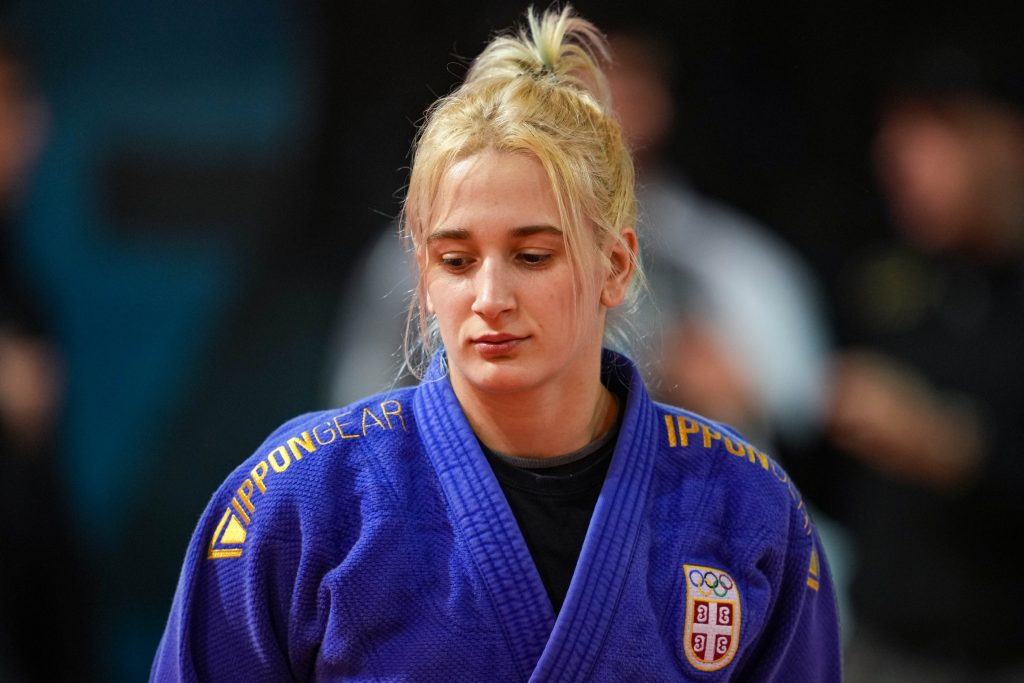
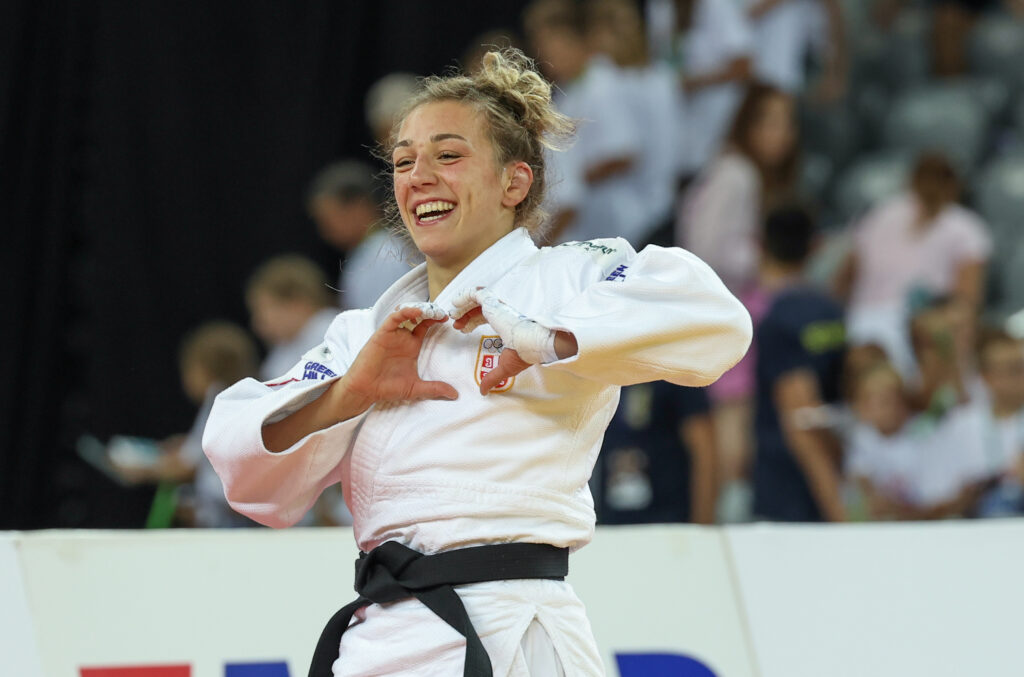
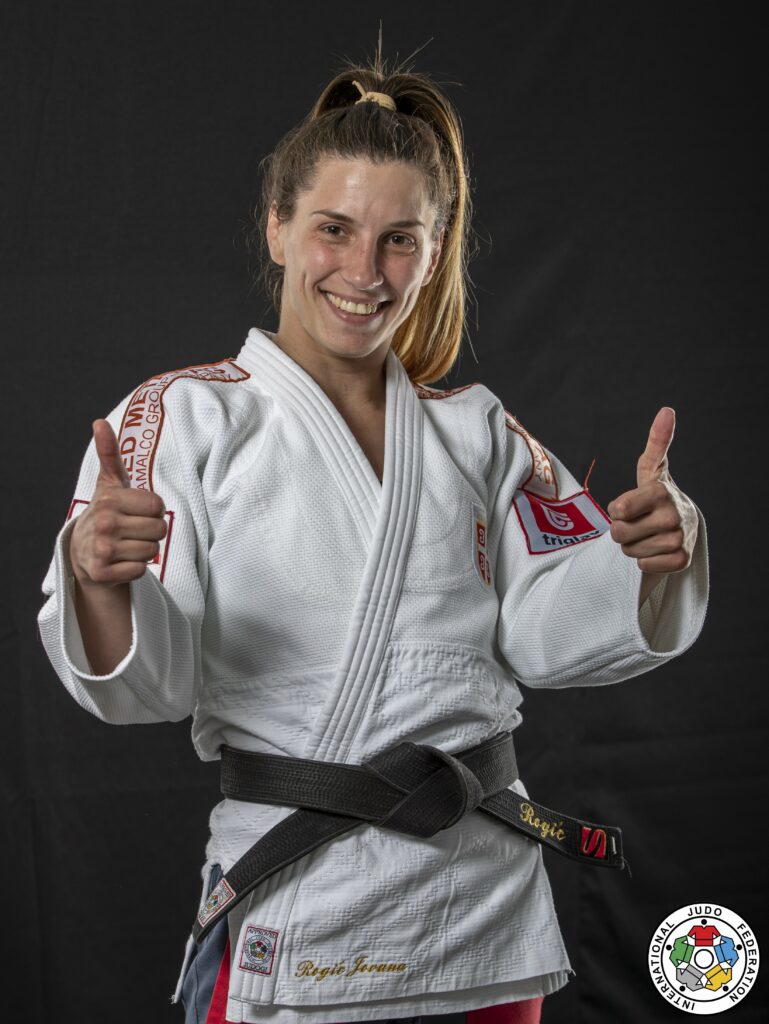
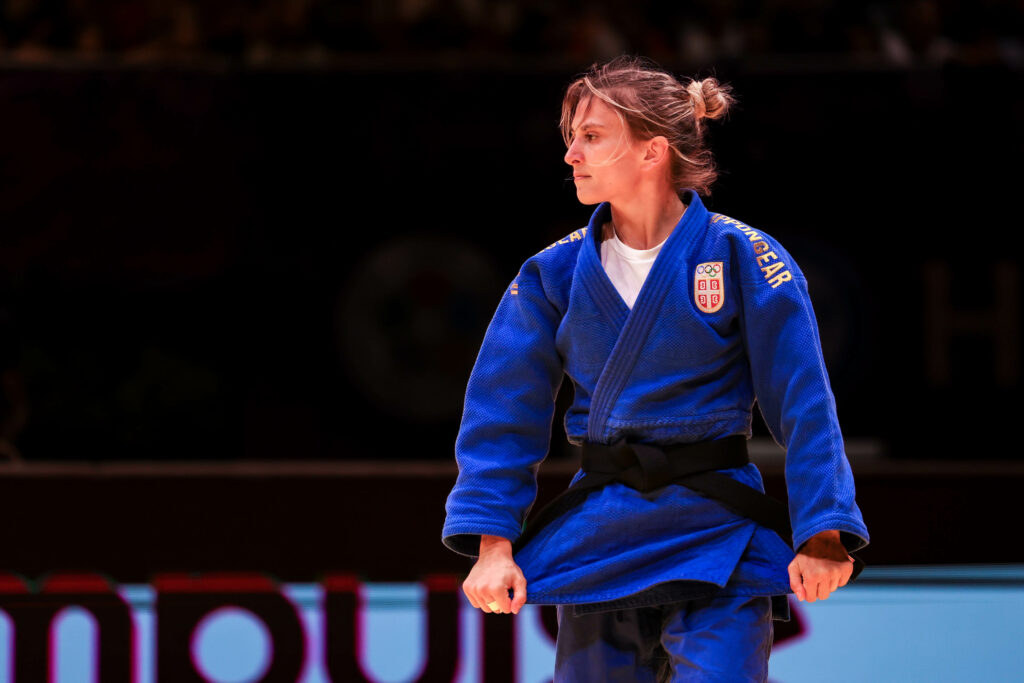
Whilst there are dozens of European medals produced across all age groups, it was not until 2017 when the Serbian judo family celebrated their first senior continental victory. Kukolj forayed for gold during the 2017 edition which was held in Warsaw. This year, Majdov joined the glorious line up after a golden performance in Montpellier. In fact, the Serbian team finished 3rd place on the overall medal table, overcoming some of the larger judo nations. Today, judo is an integral part of the national sports system in Serbia. Via all effort from all the above and more, the sport gained recognition and support from sports authorities, which facilitated the establishment of clubs, competitions, and training programs. Serbian judokas achieved notable successes in various competitions, contributing to the sport’s popularity within the country. Individual athletes gained recognition for their skills and accomplishments. International achievements established equally across the veteran crowd and Serbia is proud to recall two golden European occasions alongside almost a handful of veteran world medals. Today, there are over 9700 judoka practicing across 139 clubs in the country.
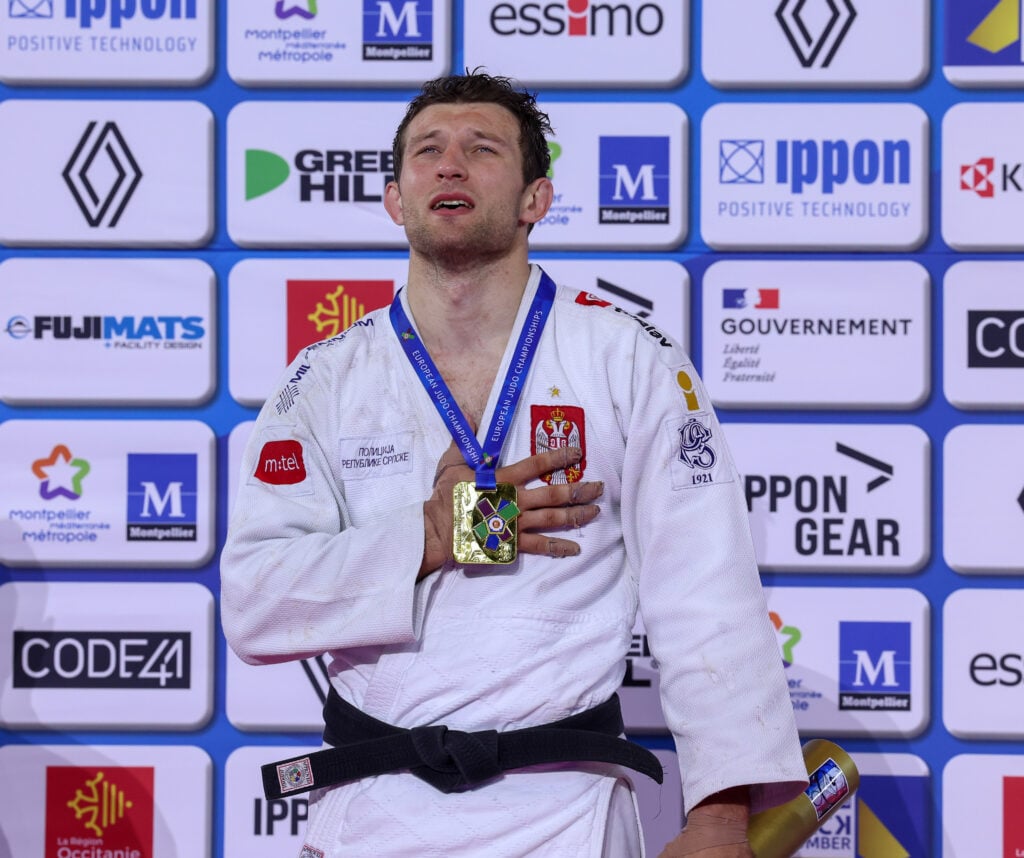
Belgrade was once a yearly destination as part of the series of European Cups. Serbia hosted the European Club Championships in 2016. This week, the city welcomed the judo family for several functioned including the EJU Congress 2023, the European Club Championship and Champions League 2023.
Off the mat… Did you know?
- River Vrello or Vrelo in Serbia is the shortest in the world. River Vrello is just 365 meters long.
- Hollywood of the Balkans. Serbia is a popular filming location because of its beautiful natural and historical sites. Some of the famous Netflix movie scenes: “Glass Onion: Knives Out Mystery” “The Expendables 3”, “Hellraiser”, “Extinction”, “Pappilon”, and “Underworld”.
- There is a little village that’s made entirely of wood and is called Drvengrad. It even had wooden lamp posts and playground rides. It is near Mokra Gora.
- Gostuša is a small village with a population of 140 people. The old-fashioned houses of Gostuša are entirely made of stone and natural materials.
- The most expensive cheese in the world is called Pule, and it doesn’t come from France or Switzerland. In fact it comes from Serbia. It is made from a blend of goat and donkey milk.
Author: Szandra Szogedi



